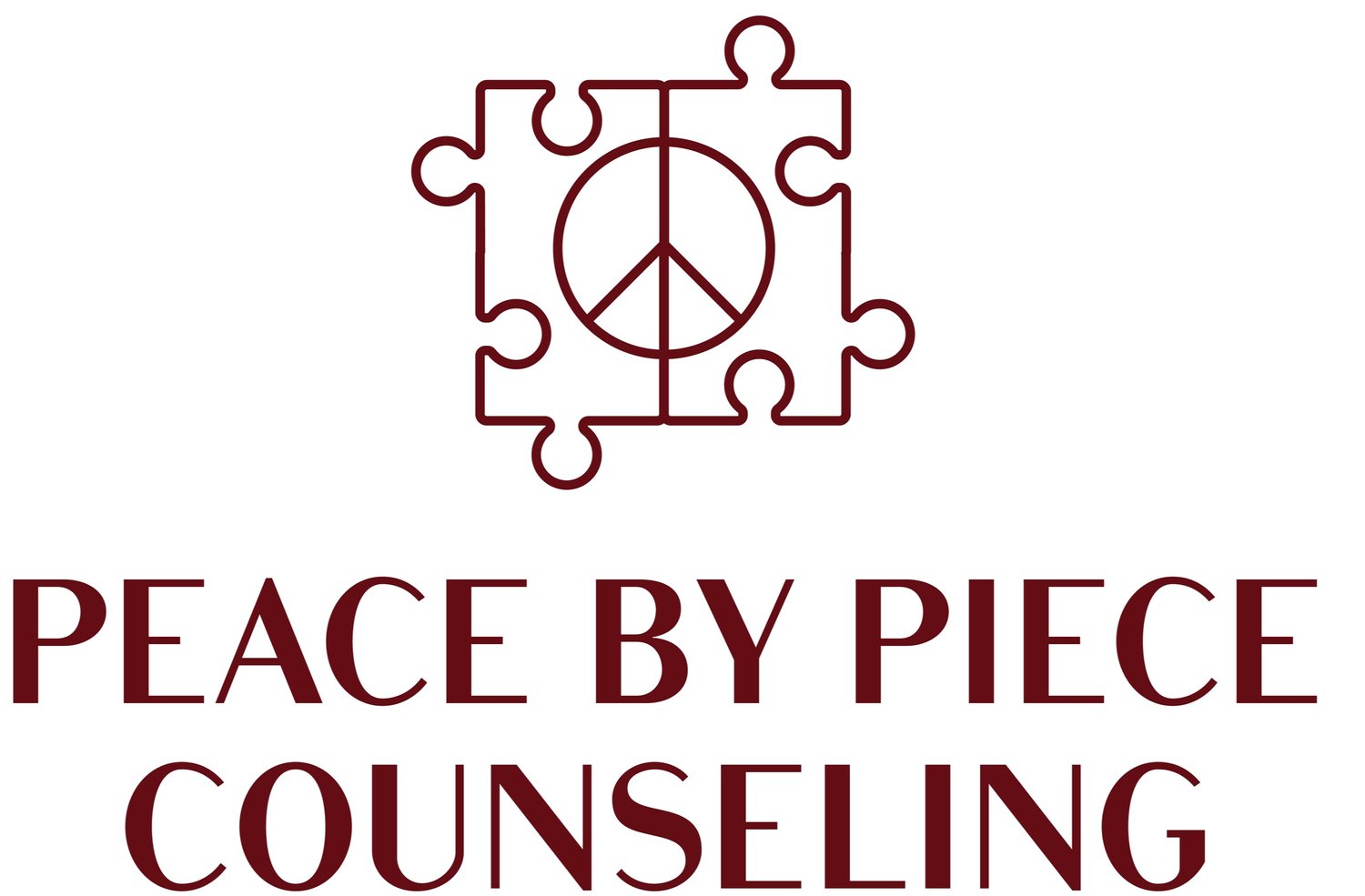The Mental Health Impact of Social Media: Finding Balance in a Digital World
In today's digital age, social media is an integral part of daily life for millions of people. While it offers incredible opportunities for connection, creativity, and communication, there is growing concern about its negative impact on mental health. From anxiety and depression to low self-esteem, social media can take a significant toll on our well-being if not managed mindfully.
In this blog post, we’ll explore how social media affects mental health, provide practical tips for achieving balance, and discuss how counseling can help you or your loved ones develop healthier habits.
The Link Between Social Media and Mental Health
Social media platforms are designed to be engaging—offering endless scrolling, curated feeds, and a dopamine rush from every like, share, or comment. However, the very features that make social media so appealing can also lead to increased mental health issues, including:
Anxiety: Constant exposure to carefully curated images of others’ lives can trigger feelings of inadequacy, fear of missing out (FOMO), and social comparison.
Depression: Studies have found a strong link between excessive social media use and higher rates of depression, especially in teens and young adults.
Low Self-Esteem: The pressure to present a “perfect” version of yourself online can cause self-doubt and low self-esteem, particularly if your self-worth is tied to the number of likes or comments you receive.
For many people, social media can lead to a vicious cycle—logging on to escape feelings of loneliness or boredom, only to find themselves feeling even more isolated after scrolling.
Practical Strategies for Achieving Mental Health Balance
Finding a balance between enjoying the benefits of social media and protecting your mental health is essential. Here are some practical steps to take:
Set Screen Time Limits: Whether it's using built-in screen time apps or setting alarms, limiting your time on social media is a great way to regain control. Try to cut down your usage gradually—begin by setting a 30-minute limit each day and increase your time away from screens.
Curate Your Feed: Be mindful of who you follow. If certain accounts consistently make you feel bad about yourself, consider unfollowing or muting them. Surround yourself with positive, uplifting content that reflects your interests and values.
Take Breaks: Consider regular social media detoxes—whether it’s for a few hours a day, a full weekend, or longer. These breaks can help clear your mind and reduce stress.
Practice Mindfulness: Incorporate mindfulness practices into your daily routine to become more aware of how social media affects your emotions. This could involve meditation, deep breathing exercises, or simply noticing your emotions when scrolling.
Talk About It: Openly discuss how social media makes you feel with friends or a counselor. Sometimes verbalizing your concerns can make them feel more manageable, and you may discover shared experiences.
Tips for Parents: Helping Kids Navigate Social Media
As parents, guiding children through the complexities of social media is crucial. Here are some ways to help them find balance:
Open Communication: Regularly talk to your children about how social media makes them feel and any pressures they may face online.
Encourage Offline Activities: Create opportunities for your kids to engage in hobbies and activities that don’t involve screens.
Set Family Rules: Establish screen time boundaries for the whole family. This could mean no phones at the dinner table or a designated “device-free” time each evening.
Be a Role Model: Children are likely to mimic your habits, so demonstrate healthy social media use yourself.
Finding Support Through Counseling
If you’re finding it difficult to strike a balance between social media and your mental health, counseling can be an incredibly helpful tool. At Peace By Piece Counseling, we offer a safe space to discuss how social media may be impacting your life and mental well-being. Our counselors can work with you to develop personalized strategies for managing social media in a healthy way.
Whether you're struggling with anxiety, depression, or simply seeking to improve your mental health balance, we're here to support you. We can also help parents navigate the digital world with their children, ensuring they develop positive, lasting habits.
Take Control of Your Digital Life
Social media is here to stay, but you have the power to decide how it impacts your life. Start by making small changes today, and if you need extra support, we’re here to help.
Call us today to schedule a counseling session and begin your journey toward digital balance and better mental health.

